They say no ideas are original. That was in the wind long before that classic Nas track and to a certain extent it’s true. The difference comes in how much of your own energy and spirit you inject into that same idea. Chicago born, Cali-bred rapper Paypa was inspired by the mid to late 90s brilliance of Hip-Hop to blaze his own trail in this music. With no broken home war stories and a strong familial support system, Paypa sets out to push back at the storytellers and yarn weavers who spin tales of urban dystopia with a flavor all his own.
Planet Ill sat with him in Steve Rifkind’s office surrounded by Wutang framed pictures and relics of Big Pun and other classic echoes of how Hip-Hop was in that era, listening to how Paypa was going to be different. It goes a little something like this…
Planet Ill:Paypa. Where are you from?
Paypa: Chicago, Illinois
Planet Ill: There’re a lot of MC’s from Chicago. For whatever reason, you guys haven’t made a formal push as a region. Why do you think that is?
Paypa:I just think it’s timing. We may just now be coming into a time where we have a lot of artists productive at one time. You’ve had Twistaat this time and Ye at this time. Common was in this era. We haven’t had a really cohesive unit until like now. So I think you’ll see it in the future.
Planet Ill: Chicago is a very segregated place. The loop is a whole lot different from the South Side. How does that dichotomy filter into your music? Do you represent the whole of Chicago or is there a specific part that you’re aiming for?
Paypa: I represent truth. I represent what’s real. I understand that I’m talking to a broad audience but I represent my point of view. I didn’t come from an ignorant background so the segregation in Chicago, though it plays a large part of my life, it’s part of what you know; it’s part of what you saw. It doesn’t run my life. As well as me being bi-coastal, I grew up on the West Coast in California, too. I went to high school out there so I’m well-rounded, socially. Both of my grandparents were teachers. My father’s mother was a professor at Hampton University and my grandma on my mother’s side was a high school teacher for 30 years.
Planet Ill: With education such a big part of your life, are you ever annoyed at or tempted by some of the forces that are present in this music?
Paypa:Absolutely. I think Hip-Hop plays a big role as educators. And I hate to put such a big role; I hate to put it on us, I hate to carry it. But at the end of the day, I know a lot of homies that was raised by Jay-Z. A lot of us in the African-American communities, we didn’t have fathers. I’m one of the only brothers that I grew up with that had a pops at home.
I feel like it becomes a problem when the artists are not communicating truths. I feel like its one thing , like it’s cool to sit up there and talk about your story and talk about what’s going on, whether it’s the greatest thing or the worst thing ever but if you giving a one-sided perspective and you don’t paint the whole picture or you’re lying about it, I feel like you’re doing the community a huge disservice by educating them the wrong way.
Planet Ill: You mentioned truth and realism a couple times already. Does the truth matter anymore? We have a lot of rappers who are moving forward with the music on its own merit but not much truth in it. How much does the truth matter?
Paypa: I think the truth matters a whole lot. More than anything. More than what’s true, I think honesty matters. In this interview right here, I may not be giving you the whole truth. But I’m being honest. I think there’s a difference. The truth cannot be denied whatsoever. Honesty is just I’m giving my honest opinion it’s really how I feel and I don’t have knowledge of other things. And I think it’s important to be honest.
Overall when I think someone’s being honest you can feel it. I think when people are fabricating it changes the feel of music. You can check the record. They claim to be kingpins, they move kis, they killers they been shot a billion times; they sell so much dope. Dog, why are you rapping? Cause there’s not enough money in rap there where if you were moving kis like that, you would stop that. You’d be paid.
Planet Ill: So why do you rap?
Paypa: First and foremost, I love it. It’s lucrative enough for me to satisfy my family situation.
Planet Ill: How much is that love worth?
Paypa: Everything. Love in general is worth everything. You would put everything on the line for love and your loved ones, right?
Planet Ill:How far do you go for love?
Paypa:I don’t think there’s no limit to what you would do for love.
Planet Ill:Moving from Chicago to LA those are both gang places. How did you navigate that? It’s not your lifestyle, but if that’s your hood you still have to navigate…
Paypa:It’s the same thing in every hood, bruh. Whether you in Miami in the Opelika section, or Little Haiti, or you in Brooklyn, the Bronx, Englewood, Long Beach, Compton or the South Side of Chicago, wherever you at , it’s the same rules. I feel like anybody that‘s from that should be able to navigate any community, be it white collar, blue collar; be it super hood or whatever. Stay your own, get your own, mind your own business. Carry yourself with respect. I think you be all right anywhere.
Planet Ill:We’re up in universal’s offices. I see a lot of plaques. I see Big Pun, Raekwon and Wutang. Historic acts. What about you is compelling enough to make you historic?
Paypa:I guess we’ll find out, right? You got some hitters up here; some stiff company. I’m not worried about that. I think it’s about making my own mark. I feel like Hip-Hop has been repeated so many times. And I feel like the only thing that’s different is your perspective on it. You’ll never see another Paypa. There’s nobody better at being me than me. Think that once you understand yourself and you master being yourself, you create your own lane.
Planet Ill: At the end of the game what do you want your dash (19XX-2XXX) to represent?
Paypa: I want it to represent positivity. What’s real. What’s true; what’s good. When it’s all said and done I want people to say, “That young brother came through here and he tore that game up; This game of life up. He had a positive impact on the world.” On the people on the kids on the seniors on life in general, you know? I want people to be like, “We’ll never forget about him. He was an honest person. He was a good person. He was a giving person; he was a loving person.” I think the only thing that matters is what you do. And what you do to make somebody else’s situation better.
Planet Ill: What’s the biggest lesson you learned from you father?
Paypa: Get your own. If I didn’t learn nothing else from my pops, [from] which I’ve learned millions of things, but the strongest thing that sticks out, he always taught me to take care of you. Take care of your family. Depend on you. Get your own. Do it your own way; do it how you want to do it.
Planet Ill: Was there ever a rhyme you heard that convinced you that this is what you wanted to do?
Paypa: It wasn’t a specific rhyme as much as specific eras. It was specific times in music. I think around 1996, 97 is when I decided that that’s what I wanted to do.
Planet Ill: What about that era struck you?
Paypa:Hip-Hop was crazy around then from Nas dropping Illmatic back then (1994) to Jay-Z’s Reasonable Doubt, you had Life After Death(1997) Makaveli (1996), All Eyez on Me (1995). The music that was getting put out even up to 1999, when you had Lauryn Hill drop her Miseducation album. That five to six year window was incredible.
Planet Ill: What’s more important the music or the message? The execution of the idea, or the morality of the idea?
Paypa:I think it’s both. I think the message is definitely important but I think they go hand in hand. I think what you’re saying don’t mean nothing if you don’t say it the right way. And no matter how dope or how well you saying something, if you’re not saying anything, you won’t have any impact. I think they go hand in hand like ying and yang.
Planet Ill: What’s the worst thing that ever happened to you?
Paypa: My little brother passed away in 1999. You know what they say, what’s hard to endure is sweet to recall. Some of the worst things ever that I’ve been through in my life, looking back on them had some of the most positive impacts on who I am today. But when my brother passed away I was devastated.
Planet Ill: Is there anything you want people to know about you that you may not be able to communicate in your music or that may not be readily apparent?
Paypa: I haven’t figured out how to tell people I have a nice jump shot in my music. I can’t show you the form on my pull up!
Planet Ill: You gotta put that in the video.
Paypa: Yeah, you gotta see it brother.
Follow Us on Twitter @ http://twitter.com/planetill
Follow Odeisel on Twitter @ http://twitter.com/odeisel
Join Us on the Planet Ill Facebook Group for more discussion
Follow us on Networked Blogs

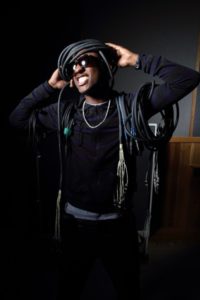
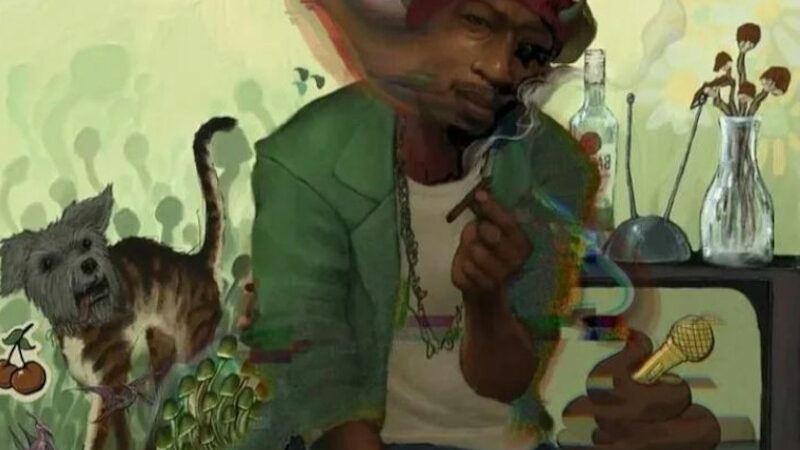
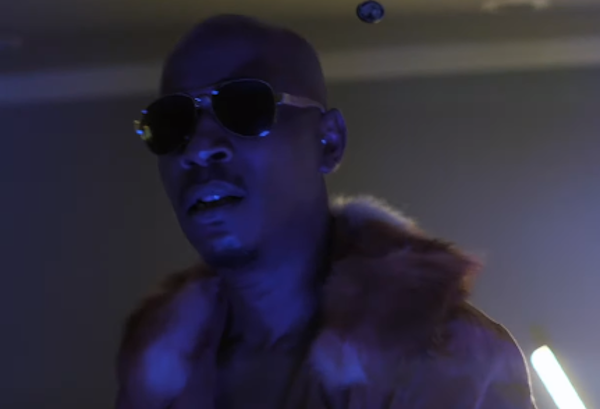
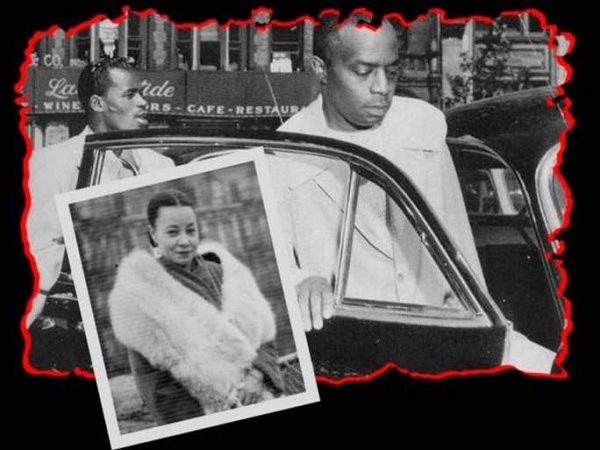
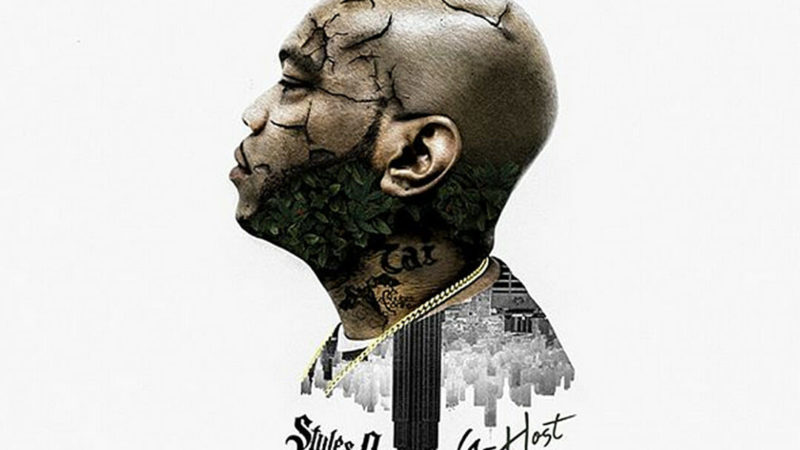
One thought on “Paypa: Truth, Justice and The Chicago Way”